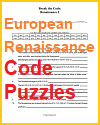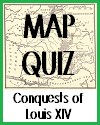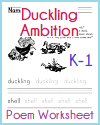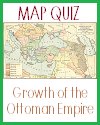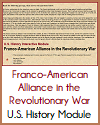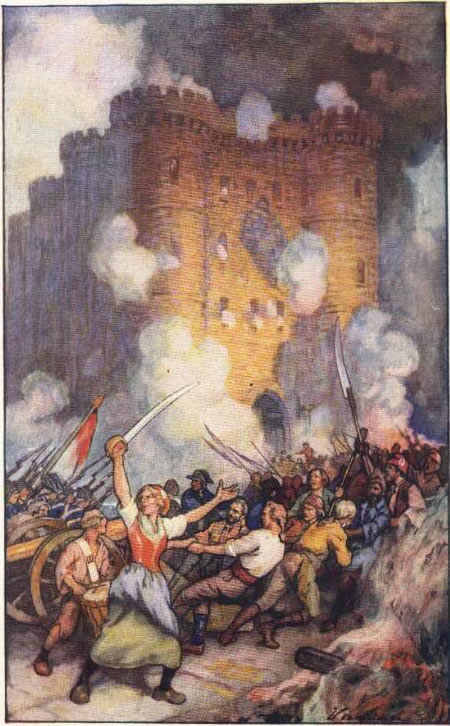 The storming of the Bastille. Paris, France, July 14, 1789.
The storming of the Bastille. Paris, France, July 14, 1789.
The storming of the Bastille on July 14, 1789, was a pivotal event in the French Revolution; it is one of those few remaining dates which World History and European History students must memorize. The Bastille, a medieval fortress and prison in Paris, France, symbolized the unbearable tyranny of the Bourbon monarchy and its oppressive rule. On that fateful day in 1789, revolutionaries and Parisian citizens, fueled by anger over high bread prices, economic hardship, and the desire for political reform, attacked the Bastille to seize its ammunition and gunpowder.
Despite its relatively modest garrison and minimal strategic value, the fall of the Bastille had immense symbolic significance. The revolutionaries' victory represented a direct challenge to the detested monarchy's authority and marked the beginning of widespread revolutionary activity across the land of France. The event galvanized the revolutionaries, leading to the formation of the National Assembly and the eventual abolition of the hated, oppressive feudal system.
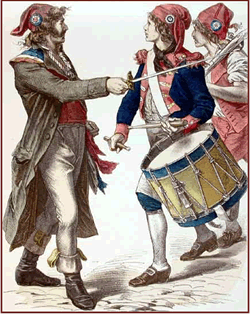 The inspiring storming of the Bastille is celebrated annually in France as Bastille Day (Fête nationale française or le 14 juillet), symbolizing the triumph of brave and unified everyday, regular people over tyranny, and the birth of the first French Republic. << Vive la France ! >>
The inspiring storming of the Bastille is celebrated annually in France as Bastille Day (Fête nationale française or le 14 juillet), symbolizing the triumph of brave and unified everyday, regular people over tyranny, and the birth of the first French Republic. << Vive la France ! >>
When discussing this turning point in global history with students, we advise going over the many reasons why both the peasants and the petite bourgeoisie loathed the feudal system. (It's also a great opportunity to make sure the kids learn to spell bourgeoisie.) Likewise, it is an apt moment for describing the classical meaning of the term liberal, a word that students will read frequently when researching this period, and that may confuse modern students (particularly Americans) who today (rightly or wrongly) often associate the term with an "anti-business" agenda, which classical liberals decidedly did not. |
 The storming of the Bastille. Paris, France, July 14, 1789.
The storming of the Bastille. Paris, France, July 14, 1789. The inspiring storming of the Bastille is celebrated annually in France as Bastille Day (Fête nationale française or le 14 juillet), symbolizing the triumph of brave and unified everyday, regular people over tyranny, and the birth of the first French Republic. << Vive la France ! >>
The inspiring storming of the Bastille is celebrated annually in France as Bastille Day (Fête nationale française or le 14 juillet), symbolizing the triumph of brave and unified everyday, regular people over tyranny, and the birth of the first French Republic. << Vive la France ! >>
